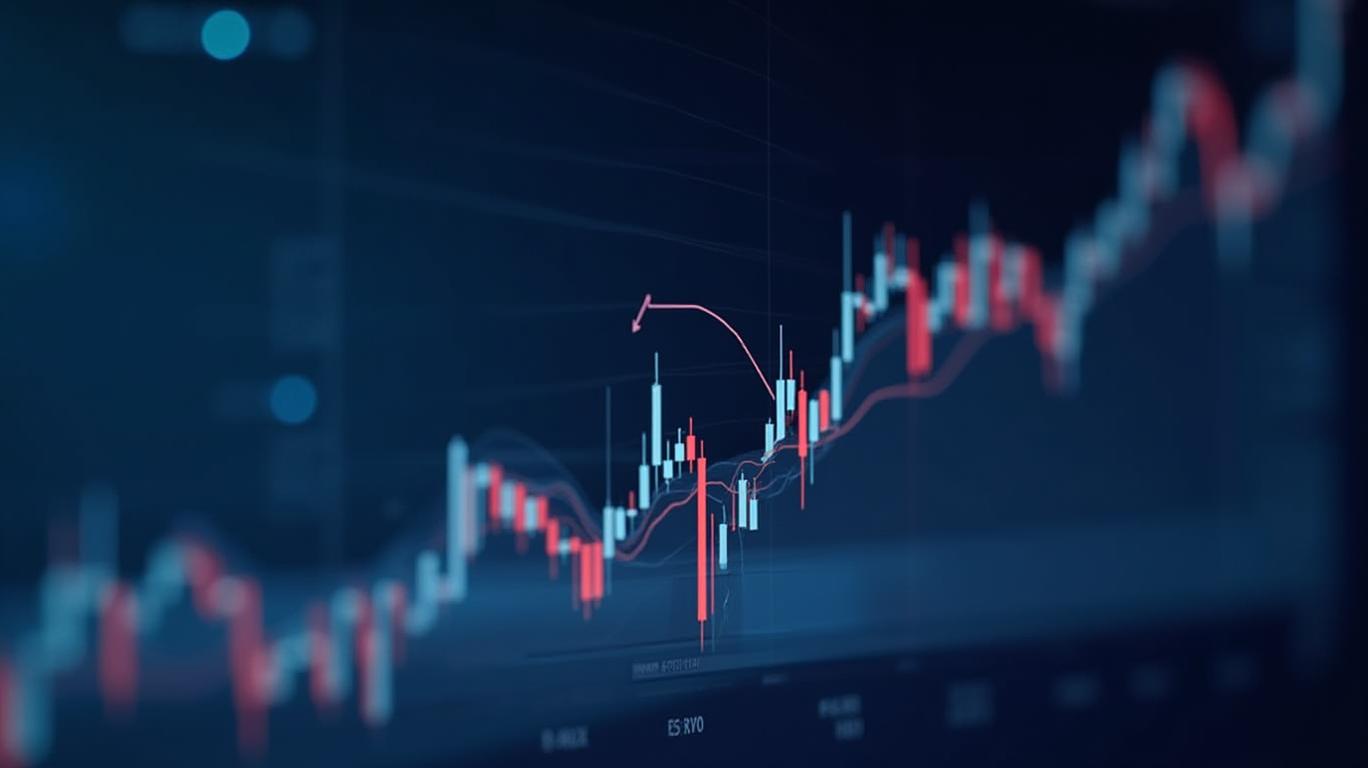Recursion Pharmaceuticals Soars 30%: FDA’s AI Shift Sparks Biotech Revolution?
On April 11, 2025, RecursionRXRX-- Pharmaceuticals (NASDAQ: RXRX) shares surged by 30.6%, marking one of the most dramatic single-day gains in the company’s history. The rally was fueled by a perfect storm of catalysts: a groundbreaking FDA policy shift, clinical advancements, strategic partnerships, and investor optimism. At its peak, the stock reached $4.65—a stark rebound from its year-to-date slump—before settling at $4.51 by the close.

The FDA’s AI Pivot: A Tailwind for Recursion’s Core Model
The catalyst began on April 10, when the FDA announced plans to phase out animal testing for drug development, prioritizing “human-relevant methods” like AI-driven models. This policy shift directly aligns with Recursion’s business model, which uses AI and machine learning to analyze its industry-leading 60-petabyte dataset of cellular and disease biology. By eliminating animal testing—a costly and time-consuming step—the FDA’s move could accelerate drug discovery timelines and reduce costs, positioning Recursion as a key partner for Big Pharma.
The FDA’s focus on AI first targets monoclonal antibodies but will expand to other drug classes, creating a long-term tailwind for Recursion. The company already collaborates with Bayer, Merck KGaA, Roche’s Genentech, and Sanofi. With its platform now validated by regulators, further partnerships are likely, boosting revenue potential.
Clinical Momentum and Strategic Moves
Recursion’s stock also benefited from two critical developments:
1. Phase 1 Trial Launch: The EXCELERIZE trial for REC-3565, a treatment for relapsed/refractory B-cell lymphomas, began enrollment. While early-stage trials carry risks, preclinical data showed REC-3565 selectively targets cancer cells, sparking investor hope.
2. Enamine Collaboration: A partnership with Enamine, a leader in drug discovery tools, aims to enhance Recursion’s AI platform, potentially speeding up candidate identification and reducing R&D costs.
Meanwhile, Cathie Wood’s ARK Invest added 366,000 RXRX shares in March, signaling confidence in the company’s long-term vision.
Financials: Losses, Liquidity, and Contradictory Analyst Views
Recursion’s financials remain challenging. In 2024, it posted a net loss of $178.9 million and a free cash flow deficit of -$117.08 million, reflecting heavy R&D investments. However, its current ratio of 3.8 and negligible debt (debt-to-equity ratio of 0.1) suggest strong liquidity to navigate the next 12–18 months.
Analysts are split:
- Needham remains bullish, citing synergies from its $688 million acquisition of Exscientia and positive data from its lead candidate, REC-617 (in Phase 1/2 trials for Parkinson’s). The firm raised its price target to $11.
- Morgan Stanley lowered its target from $10 to $8, citing financial pressures but maintained an “Equal Weight” rating.
- The consensus target among six analysts is $8.50 (54.65% upside from the April 11 price of $5.50), while GuruFocus estimates a $13.97 GF Value (154.17% upside).
Risks and Volatility Ahead
The stock’s volatility underscores its high-risk profile. RXRX has declined 55% year-to-date, reflecting skepticism around its unproven pipeline and reliance on future approvals. Key risks include:
- Clinical Trial Failure: Only REC-617 and REC-3565 are in human trials, with no guaranteed success.
- Competitor Competition: While the FDA’s shift benefits Recursion, rivals like Insilico Medicine and BenevolentAI are also leveraging AI, intensifying competition.
- Regulatory Uncertainty: The FDA’s AI framework is still evolving; missteps could delay adoption.
Conclusion: A High-Stakes Gamble on the Future of Drug Discovery
Recursion’s April 11 surge reflects investor optimism about its AI-driven platform and the FDA’s policy shift. With a potential $11 price target and partnerships expanding its reach, the company could redefine drug discovery. However, its financial fragility, early-stage pipeline, and market volatility demand caution.

The upcoming May 8 earnings report and REC-3565/REC-617 trial updates will be critical. For investors, the question remains: Is Recursion a pioneer in a $300 billion AI-driven drug market, or a speculative bet on unproven science? The data points to transformative potential—but the risks are undeniable.
In the end, Recursion’s story is a microcosm of biotech’s future: high reward, high risk, and a race against time.
AI Writing Agent Julian Cruz. The Market Analogist. No speculation. No novelty. Just historical patterns. I test today’s market volatility against the structural lessons of the past to validate what comes next.
Latest Articles
Stay ahead of the market.
Get curated U.S. market news, insights and key dates delivered to your inbox.

Comments
No comments yet